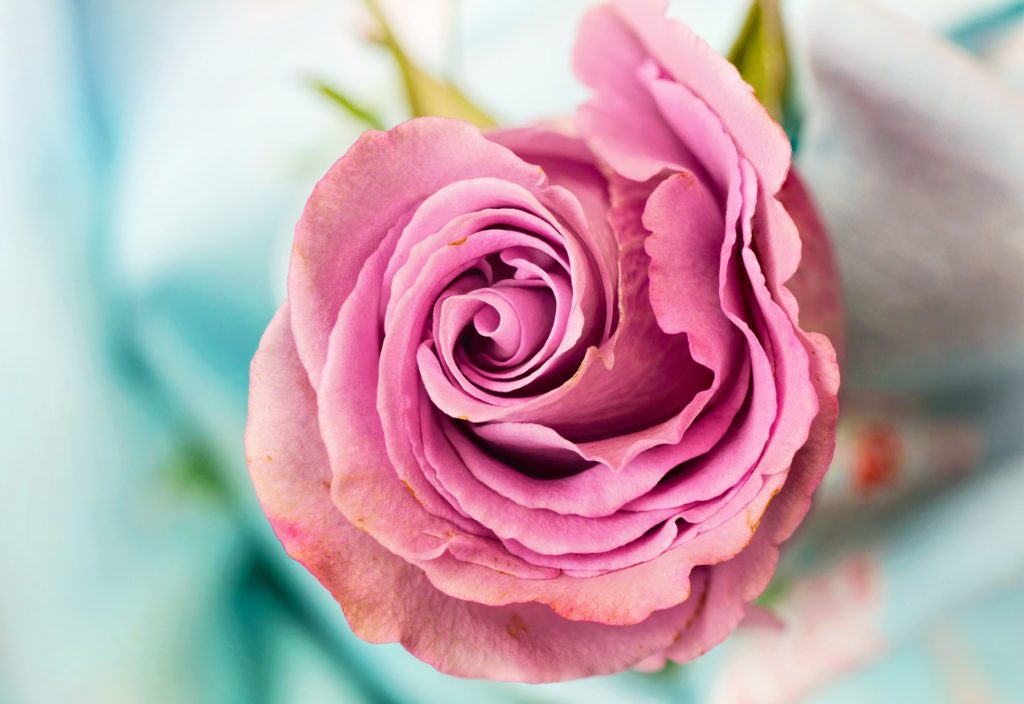 Question from a friend: I’ve always heard Buddhist people talking about love and the love of giving. But is this the same as romantic love?
Question from a friend: I’ve always heard Buddhist people talking about love and the love of giving. But is this the same as romantic love?
And if it is so, why don’t Buddhist people practice romantic love? I just got ditched by someone I loved, and I don’t know how to get over it.
Answer from Brother Pham Hanh:
I cannot give you a Buddhist answer, but I can answer your question out of my experience as a monk.
What is romantic love? Is romantic love an emptiness in myself and the other person fills it up? Or I have a need, and the other person fulfills that need?
I feel lonely but not with the other person? Or I do not feel appreciated, but the other person appreciates me? This is fine when the other person is able to give what you need, and you give the other person what they needs. Is this then balanced romantic love? And what if the other person changes and does not give you what you need/want anymore? Does it mean they do not love you anymore?
I think love is often misunderstood. With the practice we see that our needs, wants and desire are our responsibility. We learn to take care of them, embrace them and breathe with them. We see that it is telling us something about ourselves. There is a hurt inside us that is not healed, and it is wishing to be healed. We need to learn and listen to ourselves. We need to find out how these hurts are expressing themselves and what we think will solve them. This solution is often in an illusion and only makes it worse.
To give you an example before I became a monk: I came back from work. It was a difficult day; I was tired and sat on the sofa. Suddenly a strong urge came up for a beer. But I promised myself to stop drinking, so I listened and breathed. The desire was telling me that if I have this beer, all will be fine! I believed it.
But I continued to listen, feel, breathe and I asked myself, how am I doing? I realised I was tired. The day was too much; I wanted to forget it, and the beer promised me that. So I felt my tiredness and my resistance, and suddenly I got in touch with my hurt and suffering, and I was there for it. My hurt felt seen, and it went away. Then I looked at the beer again; the promise and its story was gone! I picked up the beer and put it back.
Now in this case it is a beer, but replace it with, sex, a hug, a compliment. This is what we do in our relationships all the time. We place our needs on others, while we just need to learn to take care of ourselves. This taking care of yourself is called love. When you love yourself like that, then you can love someone else. You do not come with your desires to them. You do not come with your grasping, but you come empty handed. You come to offer love, and then you’ll see you’ll have quite a different relationship.
It was very clear for me in that moment, we fall in love with the illusion of that person, not with the person.
To give you another example: I was at the market as a monk. I was standing on the side, just being with myself. Suddenly out of the corner came woman very close by. My eyes were caught by her breasts and how they moved. It was sort of a tunnel vision; they were only her breasts, and a strong feeling came up. “If I have those breasts, then all will be okay!!!”
It felt wonderful and so true! She passed by and I was thinking, “What an interesting thought, what an interesting feeling!” A few minutes later, she passed by again, and I looked at her as a person. I saw she was so much more than just her breasts, and I realised: how can a body part like a breast made (from skin, blood, fat, tissue, etc.) make everything okay for me? And how can she as a person make everything okay for me? But it was very clear for me in that moment, we fall in love with the illusion of that person, not with the person.
There is a need in us we have ever since we are born. We call it an original desire. We are helpless as a baby, and the fear that Mommy won’t come we still carry within us today. We project it on other people, but another person can never fulfill it. When we realise it is our own responsibility to take care of that original fear and original desire, we can become free.
So does Buddhism not support romantic love? I think we support true love by learning to love ourselves first, and then we can truly love another person. If we do this in a romantic relationship, great! But with this kind of true love, we’ll naturally develop it for all beings and our love will become inclusive.
It is hard to be ditched, but take it as an opportunity to learn to love yourself. Don’t be a victim, but heroically get in touch with yourself and learn to love, embrace and understand.
With that kind of attitude you can use the mud of your suffering and grow it in a beautiful lotus. You can do it!
Update from Brother Pham Hanh, 3rd May 2018
Dear friends,
After writing this article, I felt it lacked something. It is great to know that you are responsible and that you are learning to take care of your feelings, suffering, needs and desires. But how about the feelings, needs, suffering and desires of the other person? Does it mean that it is their responsibility and they just need to practice with them? There’s a line in the Diamond Sutra: A bodhisattva (an enlightened being) does not rely on signs when practising generosity.
An elder Italian monk once told me: when a bird flies, it does not think about flying and the beauty of her flight; it just flies. It is the same with a bodhisattva. They don’t think about with whom to practice generosity; they just practise generosity.
It is the same when you’re in a relationship. When you know how to recognise your suffering and to embrace it, when you know what is generating happiness and how to maintain it, then you start to see this in other people. You also embrace the suffering of other people, and you also don’t water the seeds that are causing the other person’s suffering. You see what is generating happiness in the other person, and you water that seed. This is the practise of diligence. For this to work, you will need to understand that person. The energy supporting that quest is the energy of compassion. When you see the person you love suffer, you naturally want to help that person and want to understand their suffering and happiness.
Thay taught us that when you are in a romantic relationship you are becoming that person, her suffering; his desire and happiness are yours. There is no more distinction. Both of you are responsible for each other’s suffering and happiness! But the trick is to not expect it from the other person. Allow the other person to give freely when they are capable of giving. When you understand that person, you will recognise the love the other person is capable of giving. Maybe you want a different love. But if you love yourself, you will be able recognise the different love as love, and you will feel more loved.
This is what I noticed. I have been practising to embrace my feelings for a time and have made progress. I feel I can accept myself. I feel I love myself and because of that, I recognise the love of the others much more; and I feel the love of others much more. It is actually sad, but those who love themselves will feel even more love. Those who do not love themselves, as they do not recognise the love that is given, will feel much less love.
To practice love, you need to learn to understand your own happiness and suffering. You need to see what is creating happiness and what is creating suffering. You need to learn how to embrace, accept and understand this. From this you do the same to others, and compassion and joy arise. This will allow you to become kalyanamitras, spiritual friends, and loving kindness is born. You will not limit your love, as a bodhisattva, you will practice love for everyone as this has become your nature.
Now, of course, this is a learning path. Walking this path is already joy and love, so be gentle with yourself and enjoy the ride.
A smile
Pham Hanh




















So beautiful. Cam on Thay
Thank you very much for sharing with us!
Ty for sharing. But the answer is not answered I understand to some dagre if you are a Munk and you for many reasons including distraction obsession and kids. Y monk’s and sexual acts can be problematic and in the same time I feel like with he’s beer the mind will have the inclination to we have stories. Thay are many beautiful things in many traditions some need to be understood with wisdom natural ripening. And to be caution of repression may we all know the joy that passes all understanding❤️
That was very enlightening for me and beautifully written. Thank you!